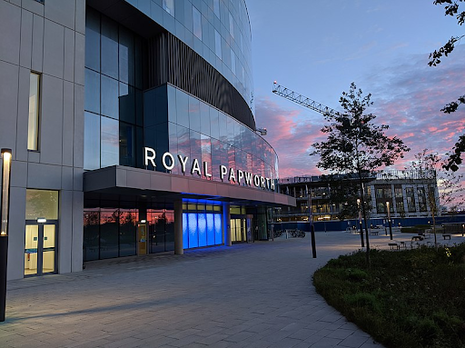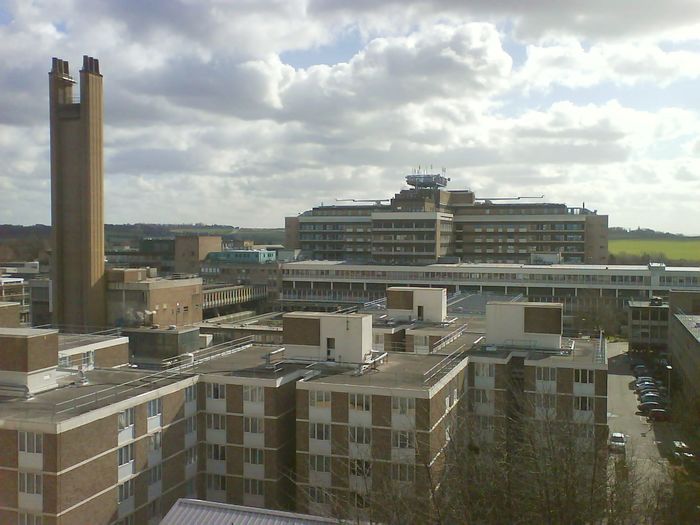Cambridge Biomedical Campus Vision 2050 plan outlines major development
The CBC hopes to ‘enliven’ the site through future developments and expansion

Cambridge Biomedical Campus (CBC) has unveiled its Vision 2050 plan for the site’s future growth and development following “conversations” with the public and interest groups.
Cambridge Biomedical Campus is the largest employment site in the city. The site is home to three NHS foundation trusts, including Addenbrooke’s Hospital, and the University of Cambridge School of Clinical Medicine.
As well as other research institutes and corporate headquarters, the AstraZeneca laboratory is set to become the pharmaceutical and biotechnology company’s largest centre for oncology research.
The campus has secured the planning permission to develop an additional 75,000 square metres of its site, constituting a major expansion. This redevelopment will include the building of a new children’s hospital and the opening of a new Cambridge South railway station with transport links to London, Oxford, and the city centre.
Laurel Powers-Freeling, the Chair of Cambridge University Health Partners, said of the announcement: “We want to thank everyone who has taken part in the conversation on our Vision for the CBC.”
“We are committed to ongoing, meaningful engagement with neighbouring communities,” she continued “which we see as an important part of better integrating the campus into the local community.”
The Vision 2050 plan also makes a commitment to the preservation of green and open spaces surrounding the site. The Campus is also making it a priority to improve its communication with neighbouring communities to become a “more integrated quarter of the city.”
The site plays a major role in Cambridge’s local economy, supporting more than 30,000 jobs in and around the city, and CBC intends to “enliven” the campus for its employees with on-site “cafés, gyms, and crèches.”
Jan Löwe, Director at the MRC Laboratory of Molecular Biology, praised the plans, calling the campus “an incredibly unique location, with the power of complementary institutions co-locating together, helping us to translate world-leading science into healthcare and jobs for local people.”
He declared: “The CBC will only continue to innovate, succeed and deliver by integrating more closely with Cambridge and local communities... We want to grow in a way that delivers benefits beyond the great work of CBC partners, creating a welcoming environment for everyone.”
 News / Cambridge and Manchester Universities meet for innovation partnership26 February 2026
News / Cambridge and Manchester Universities meet for innovation partnership26 February 2026 News / Private school teacher who lied about Cambridge degree barred from teaching27 February 2026
News / Private school teacher who lied about Cambridge degree barred from teaching27 February 2026 News / Cambridge academics sign open letter criticising research funding changes22 February 2026
News / Cambridge academics sign open letter criticising research funding changes22 February 2026 News / Judge Business School advisor resigns over Epstein and Andrew links18 February 2026
News / Judge Business School advisor resigns over Epstein and Andrew links18 February 2026 Theatre / The Memory of Water is dazzlingly well done27 February 2026
Theatre / The Memory of Water is dazzlingly well done27 February 2026









![How to Create an Attractive Freelancer Portfolio [5 Tips & Examples]](https://www.varsity.co.uk/images/dyn/ecms/320/180/2026/02/vitaly-gariev-ho2tNOWZYXM-unsplash-scaled.jpg)